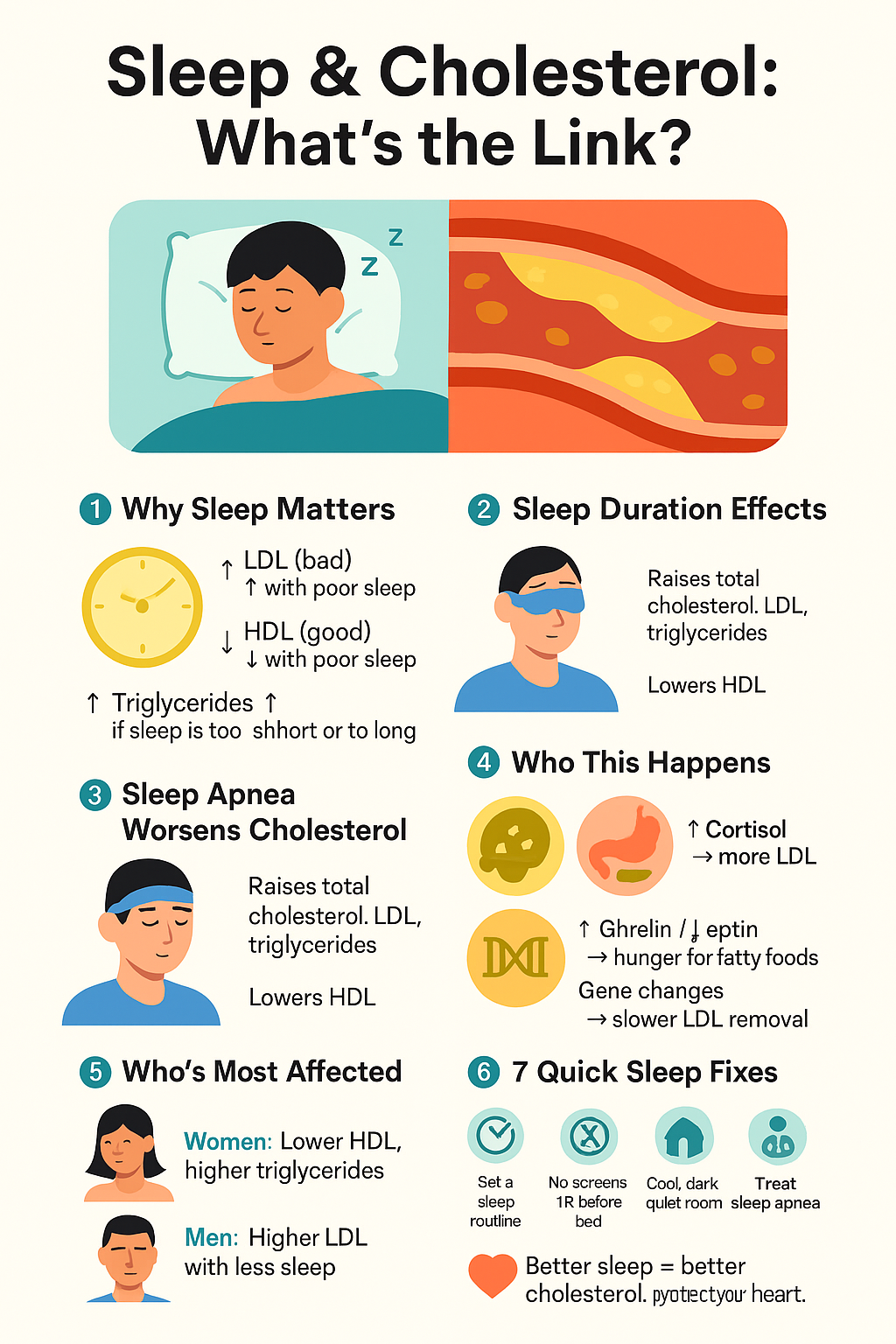
Retirement Lengthens Sleep and Delays Bedtimes
New research reveals that retirement boosts daily sleep by an average of 23 minutes, with bedtimes shifting later by 25 minutes and wake times by 48 minutes. These findings from a large-scale study on Finnish workers show no drop in sleep quality, suggesting retirement offers a chance for more restorative rest. This science highlights how life changes can improve health in later years.






